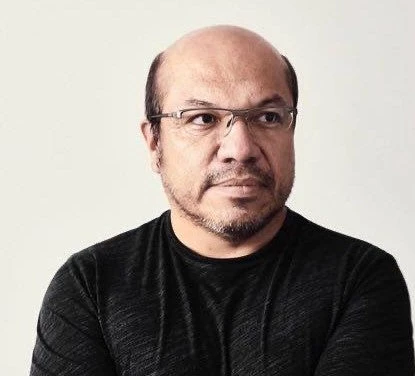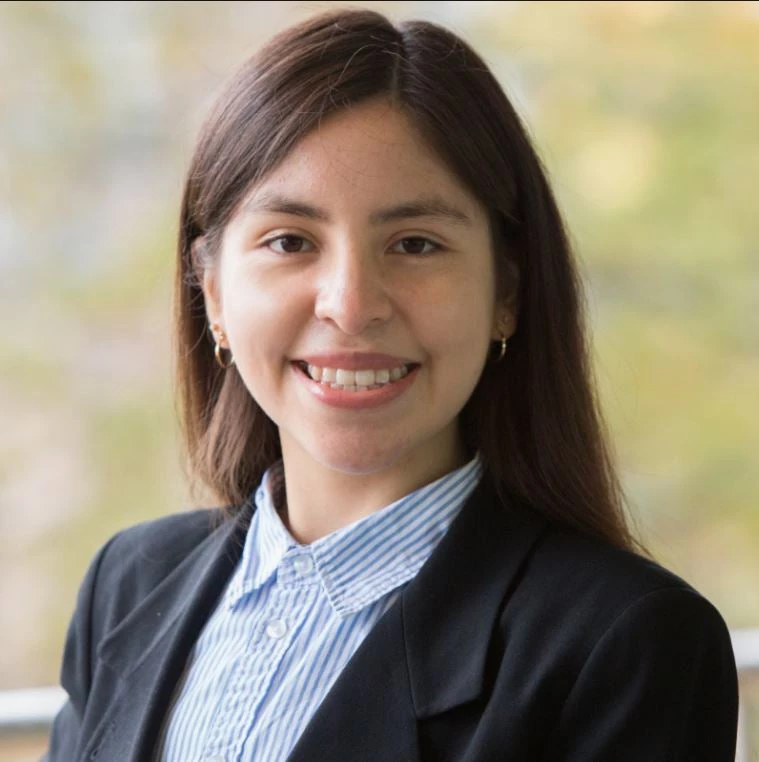 Urban contrasts between slums and condo buildings in Rio de Janeiro, Brazil's second largest city. Photo: Shutterstock
Urban contrasts between slums and condo buildings in Rio de Janeiro, Brazil's second largest city. Photo: Shutterstock
Our goal at the World Bank is to end poverty on a livable planet. As part of that mission, it is critical that we understand both the current state and evolution of the associated challenges, so as to inform policies that raise the standard of living of people in Latin America and the Caribbean (LAC), where poverty and inequality impact millions. Our new Regional Poverty and Inequality Update leverages the latest data and provides an in-depth analysis of these critical challenges within LAC. It offers detailed insights about the evolving landscape of poverty and inequality that can guide informed decisions for future action.
Here are the key facts of our latest publication:
1. The most recent estimate for 2023 shows that one in four people in LAC lives in a poor household. To be specific, in their households these people earn less than US$6.85 per person per day, measured in purchasing power parity as of 2017. This is the lowest poverty rate in the last two decades—but poverty deserves continued attention by policy makers.
2. In the aggregate, LAC achieved a remarkable victory by reducing poverty from 50 to 30 percent during the first 15 years of the new millennium. However, poverty reduction has stagnated since 2015, positioning LAC as one of the slowest-changing regions.
3. Between 2019 and 2022, the demographics of poverty in LAC shifted away from traditionally vulnerable groups. The share of the poor in LAC was smaller among people with lower educational attainment and those living in rural areas, likely due to increased public transfers targeted at them.
4. Our estimations indicate that poverty in LAC declined by only 1 percentage point between 2022 and 2023. Alarmingly, if left unaddressed, poverty is projected to decrease only slightly by 2024 and stay at 25 percent.
5. The impact of the COVID-19 pandemic in the region has been varied. While some countries managed to reduce poverty to below prepandemic levels, others are still struggling with it.
6. Between 2019 and 2022, Brazil and Mexico drove poverty reduction in the region. In Brazil, government transfers such as Bolsa Familia played a large role in the decline in poverty that was seen. In Mexico, poverty alleviation was primarily attributed to improved labor market outcomes. If these countries are not included, poverty in the region as a whole increases by 0.6 percentage points over the period analyzed.
7. LAC continues to rank as one of the most unequal regions in the world. Over the past decade, the Gini coefficient—a measure of income inequality—has fluctuated between 50 and 52 (out of a maximum of 100), indicating a concerning lack of progress. As of 2022, LAC’s Gini coefficient was 49.9, a slight decline from prepandemic levels.
8. Inequality in the region could stay unacceptably high in the near future. Our projections indicate that while LAC’s Gini coefficient dipped to 49.7 in 2023, it will likely remain at this level in 2024.
9. Labor income recovery in LAC has been inconsistent. While most countries experienced major drops in their labor income in 2019, only a few have bounced back in 2022 in this regard. Among those that continued to struggle, the Dominican Republic, Argentina, and Peru saw the steepest declines. By contrast, El Salvador, Mexico, and Chile saw growth in that crucial indicator.
To move from insight to impact, we must channel this knowledge into evidence-informed action. We are committed to make sure that nobody is left behind in the fight against poverty.





Join the Conversation